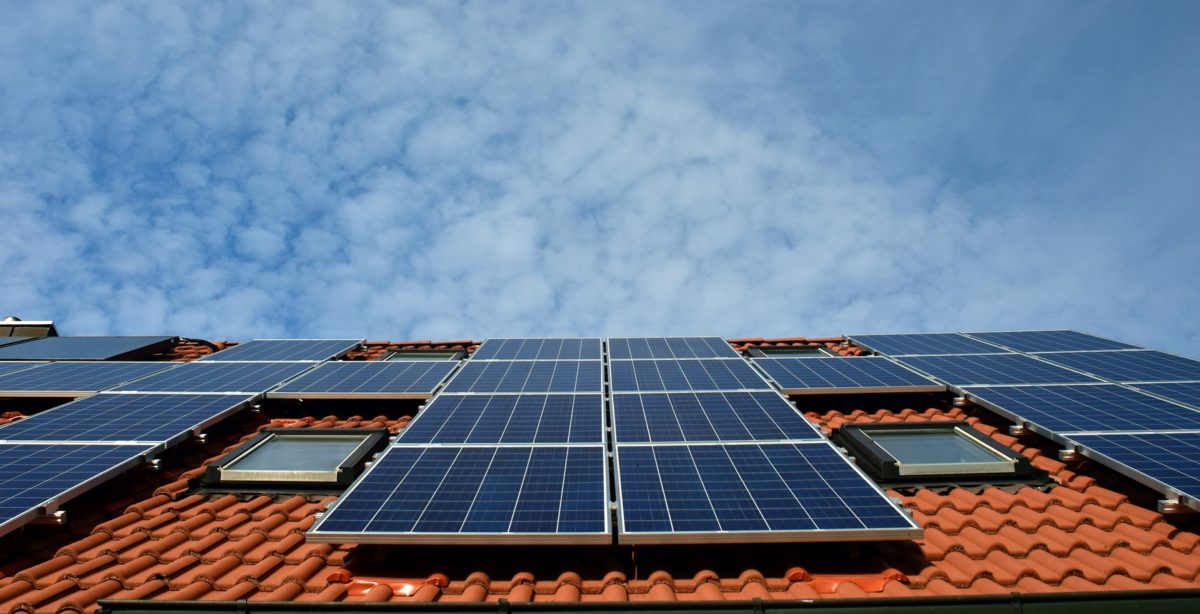Rising electricity prices and unattractive support schemes for large scale solar could see rooftop PV replace utility scale developments as the main driver for new capacity in the Philippines and Japan. That was the conclusion reached by reports published by Fitch Solutions Macro Research and Globadata.
According to Fitch’s forecasts on Japanese PV, distributed solar may be able to expand by around 4 GW per year between 2024 and 2028. Such growth would be triggered by rising power prices and the need for commercial and industrial electricity consumers to reduce grid consumption. Self consumption would be preferred to the option of selling surplus power to the grid, and would add to the appeal of distributed generation.
The authors of the report stressed residential PV systems with a generation capacity of up to 10 kW were not affected by recent FIT cuts implemented by the Japanese government, and FITs for systems ranging in size from 10 kW to 500 kW, although reduced from previous levels, were renewed in March.
Small-system FIT still attractive
The report, from U.S.-based Fitch, stated the residential FIT will stay flat at ¥24-26/kWh ($0.22-0.24), depending on project location, but systems larger than 10 kW were hit by a 22% cut, with the new payment amounting to ¥14/kWh since April 1. “While the continued, attractive FIT for solar installations smaller than 10 kW will stimulate near term growth in the segment, we expect both residential and C&I [commercial and industrial] consumers to shift from grid feed in [using grid power] towards self-consumption over the coming decade,” the authors of the report noted.
The report also cites Japan’s vulnerability to natural disasters as another stimulus for electricity users to secure energy independence.
Taking into account Japan’s difficult transition from FITs to auctions for large scale solar, Fitch analysts expect annual capacity additions to average 3.3 GW between 2021 and 2024, a slowdown on the 5.5 GW of capacity set to be added annually this year and next.
Japan had reached a cumulative PV capacity of 55.5 GW at the end of 2018, according to the latest statistics published by the International Renewable Energy Agency (IRENA), with new additions last year adding around 6 GW.
Net metering in the Philippines
With a FIT scheme for large scale solar having expired and auctions failing to drive big capacity additions, rooftop PV is also becoming a potential growth driver in the Philippines, according to Globaldata. “Net-metering currently has low adoption in the Philippines but can play a major role in increasing renewable power capacity in the country and in helping with the supply security,” wrote Harshavardhan Reddy Nagatham.
The Globaldata report forecasts solar will see its share of the country’s electricity mix rise from around 4.3% last year to 13% in 2030, with renewables – including hydropower – achieving 46.2%, up from around 30.5% at the moment.
Nagatham stressed the importance of deploying new power generation capacity in the Philippines as energy demand is expected to rise sharply due to an increasing population.
The public and businesses must be made aware of the availability of net metering and rooftop solar, wrote Nagatham.
A separate report by the U.S.-based Institute for Energy Economics and Financial Analysis (IEEFA) highlighted the limits of net metering provisions in the populous nation. The main challenges, said IEEFA analysts, were lack of access to affordable financing and complicated approval processes. The main drivers for future growth, they said, are expected to be high electricity prices and frequent power shortages.
Total PV capacity in the Philippines stood at around 886 MW at the end of last year, according to IRENA figures.
This content is protected by copyright and may not be reused. If you want to cooperate with us and would like to reuse some of our content, please contact: editors@pv-magazine.com.




107 comments
By submitting this form you agree to pv magazine using your data for the purposes of publishing your comment.
Your personal data will only be disclosed or otherwise transmitted to third parties for the purposes of spam filtering or if this is necessary for technical maintenance of the website. Any other transfer to third parties will not take place unless this is justified on the basis of applicable data protection regulations or if pv magazine is legally obliged to do so.
You may revoke this consent at any time with effect for the future, in which case your personal data will be deleted immediately. Otherwise, your data will be deleted if pv magazine has processed your request or the purpose of data storage is fulfilled.
Further information on data privacy can be found in our Data Protection Policy.